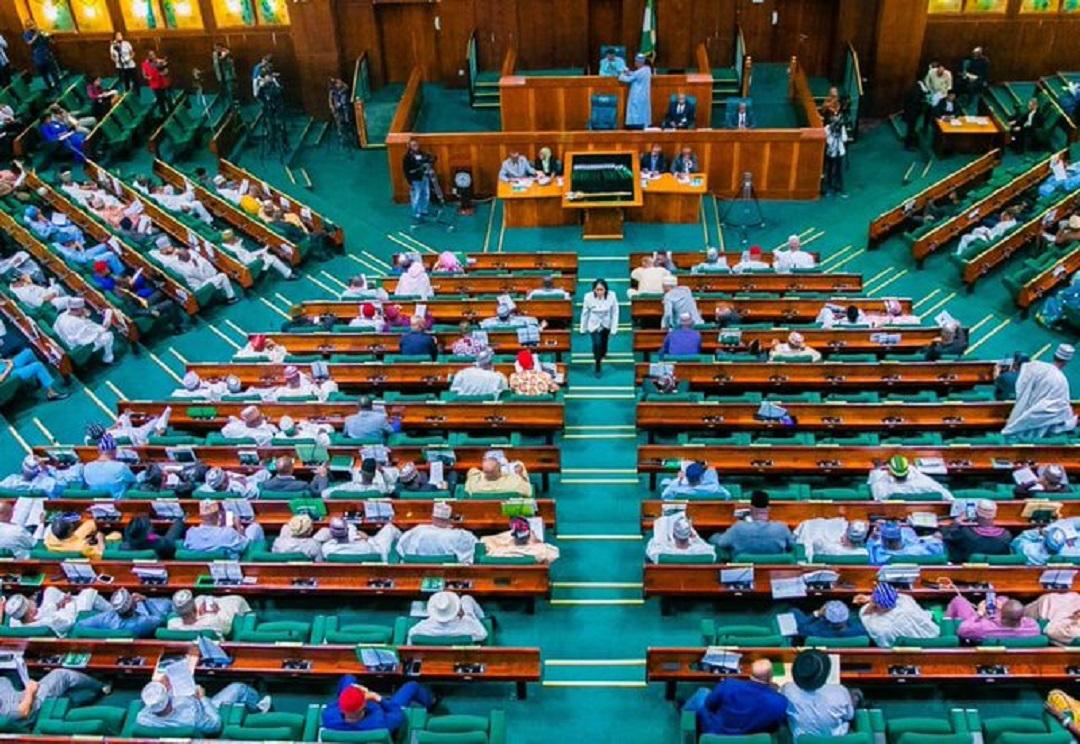
The House of Representatives has inaugurated an ad-hoc committee to examine the economic, regulatory, and security risks linked to cryptocurrency adoption and Point of Sale (POS) operations in Nigeria.
Inaugurated on Monday, the committee aims to build a safe and well-regulated digital financial ecosystem. Speaker Tajudeen Abbas, represented by Chief Whip Bello Kumo, stressed the urgency due to concerns about cryptocurrency’s use in terrorism financing and money laundering because of its opaque and unaccountable nature.
“Its main job is to undertake public hearings to gather insights from stakeholders that will guide the House in developing legislation for a regulatory framework,” said Abbas.
The move aligns with the Tinubu administration’s ongoing economic reforms, focusing on protecting Nigeria’s financial system from illicit transactions and cyber threats.
Committee Chairman Richard Olufemi Bamisile highlighted the dual nature of digital payments: boosts financial inclusion, but also exposes users to fraud and cybercrime.
Bamisile warned that many fintech companies lack strong customer protections, putting financial stability and national security at risk.
The committee will collaborate with key agencies such as:Central Bank of Nigeria (CBN), Securities and Exchange Commission (SEC), Nigerian Financial Intelligence Unit (NFIU), Economic and Financial Crimes Commission (EFCC), Independent Corrupt Practices Commission (ICPC) and the Nigeria Police Force to craft balanced, evidence-based recommendations.
Background:
- On October 3, CBN Governor Olayemi Cardoso announced ongoing efforts with SEC to develop a sustainable digital currency framework.
- Nigeria approved a national blockchain policy in May 2023, marking a significant step in digital transformation.



